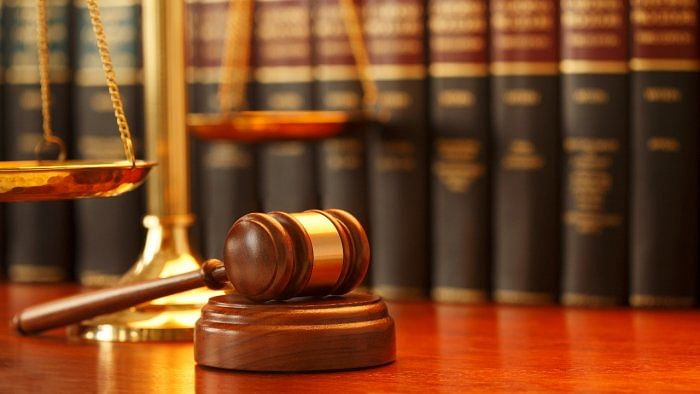
In a significant order, the Bombay High Court has issued detailed guidelines vis-a-vis cases of sexual harassment in workplaces including barring the media from publication without the express approval of the court.
The seven-page order on cases under Sexual Harassment of Women at the Workplace (Prevention, Prohibition and Redressal) Act, 2013 (POSH Act) and Sexual Harassment of Women at the Workplace (Prevention, Prohibition and Redressal) Rules, 2013 (POSH Rules) was passed by Justice Gautam Patel of the Bombay High Court.
Lawyer Abha Singh appeared for the plaintiff.
On the other hand, Senior Advocate Dr Birendra Saraf with Shweta Jaydev, Suprriya Lopes and Urvi Gupte appeared for defendants Nos. 1 and 2 and Lancy D’Souza for defendant No. 3.
“It is imperative, therefore, to protect the identities of the parties from disclosure, even accidental disclosure, in these proceedings. This is in the interest of both sides. There appears to be no established guidelines so far in such matters. This order, setting out a working protocol for future orders, hearings and case file management, is a first endeavour in that direction,” Patel said, adding that the guidelines may be revised from time to time.
"Both sides and all parties and advocates, as also witnesses, are forbidden from disclosing the content of any order, judgment or filing to the media or publishing any such material in any mode or fashion by any means, including social media, without specific leave of the court," the court said.
In the order of the court, the names of plaintiff, defendants, witnesses would not be mentioned.
All hearings will only be in chambers or in-camera. “There will be no online or hybrid facility for hearings. All hearings must be by physical attendance. Only the advocates and the litigants are permitted to attend hearings. Support staff (clerks, peons, etc), must leave the Court. Except the Court Master/Associate or Sheristedar and the stenographer or person providing secretarial assistance, other court staff must also leave the court and not be present at the hearing,” it stated.
On the issue of public access, the order said: “If any order is to be released into the public domain, this will require a specific order of the court. This will be on the condition that only the fully anonymised version of the order of judgement is let into the public domain for publication.”
“The prohibition on publishing the names, address or other PII of the parties is absolute. All persons, including the media, are required to ensure strict compliance with these conditions of anonymity. Failure to do so will be a contempt of court,” Justice Patel made it clear in the order.
Any form of recording too has been prohibited. “Any form of recording of any part of the proceedings is strictly forbidden. Any attempt to record or transcribe any part of the proceedings will be a contempt of court,” the order said.
When asked about the order, Singh said: “I would not be able to comment on it.”
Check out DH's latest videos: